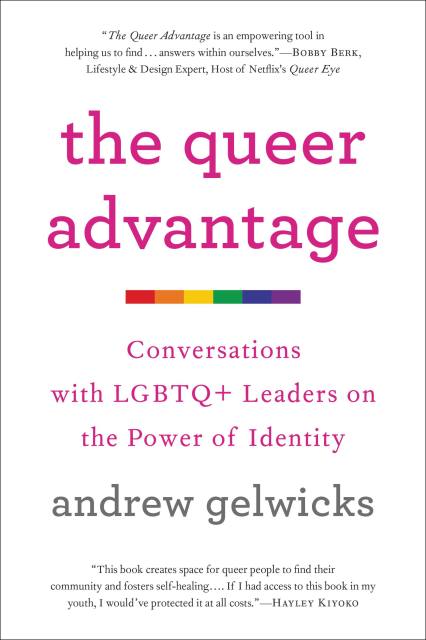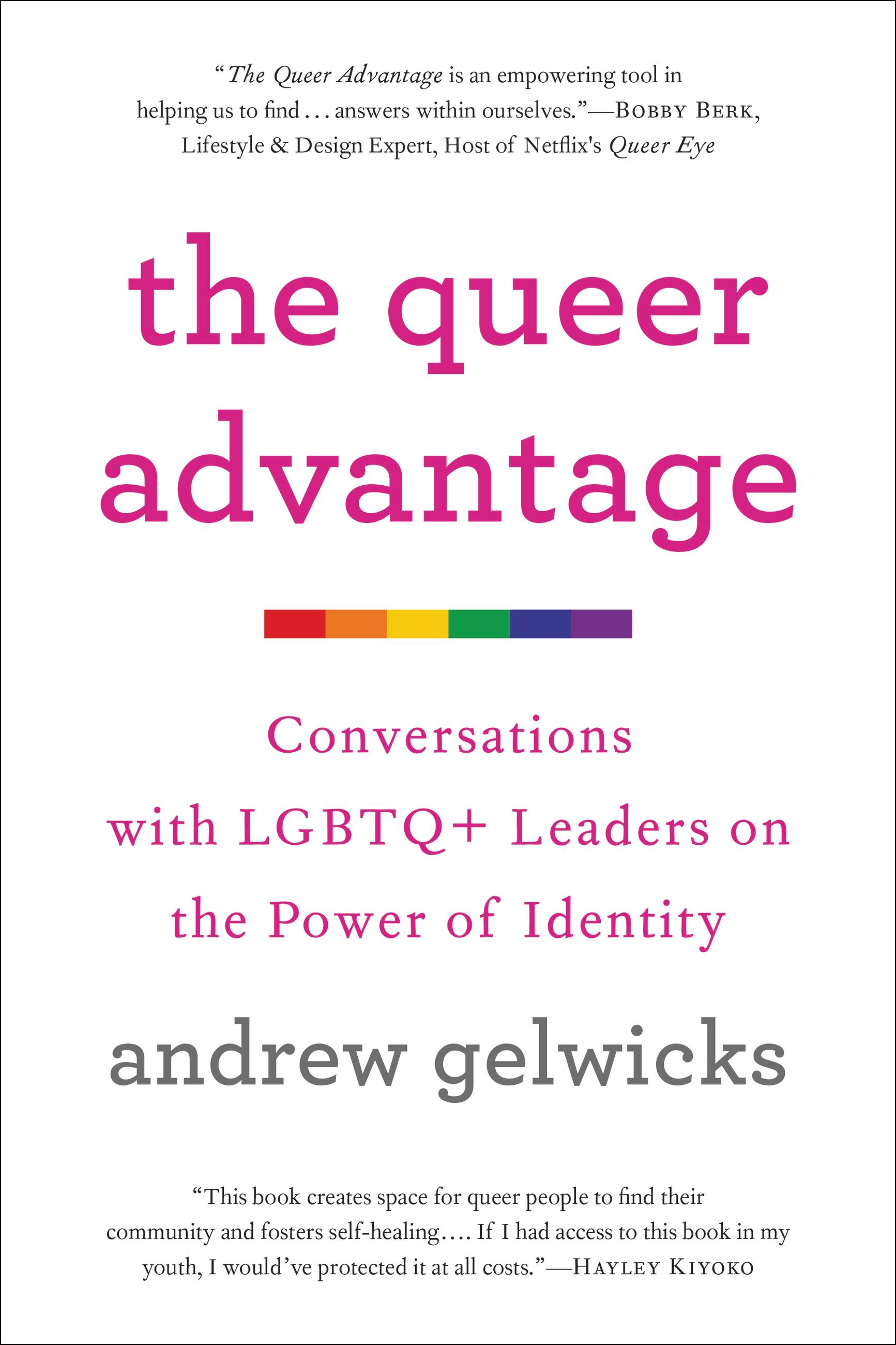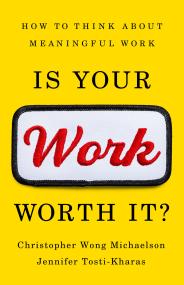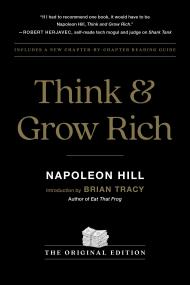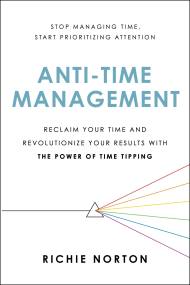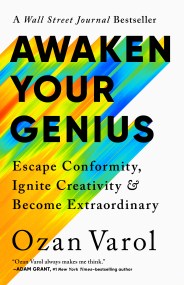Promotion
Use code FALL24 for 20% off sitewide!
The Queer Advantage
Conversations with LGBTQ+ Leaders on the Power of Identity
Contributors
Formats and Prices
Price
$18.99Price
$23.99 CADFormat
Format:
- Trade Paperback $18.99 $23.99 CAD
- ebook $14.99 $18.99 CAD
- Audiobook Download (Unabridged) $27.99
This item is a preorder. Your payment method will be charged immediately, and the product is expected to ship on or around October 4, 2022. This date is subject to change due to shipping delays beyond our control.
Also available from:
The people who are creating national public policy, running billion-dollar tech enterprises, and winning Olympic medals. Andrew Gelwicks interviews the leaders who have forged their own paths and changed the world, showing how you can too.
From Troye Sivan to Margaret Cho, George Takei to Billie Jean King, Shangela to Adam Rippon, each person credits their queer identity with giving them an edge in their paths to success. Their stories brim with the hard-won lessons gained over their careers. You’ll learn how to:
- Channel anger in a positive way — using it as rocket fuel to succeed
- Leverage your difference to beget new ideas and strategies
- Bridge generational gaps
- Access resources to conquer denial, internalized homophobia, and doubt
- Use your sensitivity and attunement to read the room, deciding when to fit in and when to stand out
- Find a queer tribe and learn to help and lean on one another
-
"The search for love, purpose, and identity, is one that we all face and The Queer Advantage is an empowering tool in helping us to find those answers within ourselves."Bobby Berk, Lifestyle & Design Expert, Host of Netflix's Queer Eye
-
"Bold and powerful."Martina Navratilova
-
"An inspirational book of positive queer histories and quotes. Loved it, and it's true there is definitely an advantage."Gus Van Sant, award-winning filmmaker of Milk and Good Will Hunting
-
"The voices in The Queer Advantage will help us navigate toward the queer future that we urgently need. This important book arrives at the perfect time."Casey Gerald, author of There Will Be No Miracles Here
-
"This book is for the birds -- and I mean it in the nicest way. Just like the nightingale bird, the more people that tried to drown out their voices, the louder they sang. And now, they sing the most beautiful songs of all. Read this book! Hear the nightingales."Leslie Jordan, actor
-
"This collection... feels less like a book of tips from queer power players and more like a series of intimate chats between good friends-that is, if your good friends were LGBTQ+ icons like George Takei, Adam Rippon and Margaret Cho. Offering deeply affecting anecdotes from queer leaders and the life lessons they learned in real time in the worlds of business, tech, sports, entertainment and more, The Queer Advantage encourages readers to find power in their identities."TIME
-
"Yes to all of this! Yes, yes to Andrew's inspiring and beautiful interviews about how otherness brings with it strength, wisdom, and resilience. I loved reading the stories of these artists, business people, and activists about how their queerness has given them a great gift going out into the world. This is a deeply affirming book."Joey Soloway, artist and activist
-
"I felt understood and seen within seconds of reading The Queer Advantage. Our biggest weaknesses in life can ultimately propel us to our highest potential. This book creates space for queer people to find their community and fosters self-healing, helping to silence the damaging voices we project on ourselves. If I had access to this book in my youth, I would've protected it at all costs."Hayley Kiyoko, singer, actor, director
-
"Andrew's message and the collection of stories he has gathered are nothing short of inspiring. Words your friends and family can relate to on so many emotional levels. EVERYONE needs a copy. An outstandingly gorgeous read!"Gigi Gorgeous, activist and author of He Said, She Said
-
"From one once-confused Midwestern Jewish kid to another, Andrew Gelwicks has collected powerful personal stories and created an insightful guide to breaking free of confusion and frustration to be our best selves. This book is one that I'll keep coming back to."Nate Berkus, interior designer and author of The Things That Matter
-
"Throughout The Queer Advantage, Andrew Gelwicks and the people he is interviewing make clear that being fully oneself is an advantage, an edge, a benefit to one's individual life and our shared humanity. To be anything but one's full, glorious, gorgeous self would be less than whole and cheapen all of us. This is a book for anyone and everyone, bursting with dynamic conversations and revelations, and challenging all of us to own who we are, love those we love, and expect the best and most out of ourselves, our families, our friends and our society. It is well worth your time. Prepare for laughter, tears, reflection, and hope."Chelsea Clinton, author, advocate, and vice chair of the Clinton Foundation
-
"As a queer reader, you see yourself reflected on the page while also learning of the diversity within this community. The comfort of seeing that your pain was shared, and the excitement of a future where the closet need not exist. A must read for ALL people. Honey, Andrew did THAT!"Benito Skinner, comedian
-
"A really interesting collection of interviews....I'm thankful that the book brought some new faces to my attention....While The Queer Advantage doesn't shy away from the traumas that many queer people face, the focus of the book is on the flip side....It's an interesting read for anyone, as these industry leaders provide some interesting insight into their experience. Of course, I'd especially recommend it for queer individuals who might be inspired by the way these leaders refuse to let their identity hold them back."Daniel Hurst, actor
-
"A testament to manifesting the negative energy of being different, wrong, or strange into work that is beautiful and evolutionary."Porchlight Books
-
"Heartening."Harper's BAZAAR
-
“The book… could change how young people and their families see LGBTQ+ people....An intimate celebration of queerness still too rare today.”OUT Magazine
-
"[A] fascinating book...The interviews themselves are wide-ranging, as the subjects talk candidly about their lives and work and how being queer has impacted both...The result is a book that is both informative and inspirational."Booklist
-
"Gelwicks is authentic, honest, and down-to-earth in his engagement with these subjects, and puts as much of himself out there as he asks of his discussants. The irrepressible optimism and joy he feels for queer community echoes through the diverse collection of interviews, and gives the book a sense of inspired momentum."PopMatters
-
"An inspiring collection of stories from people whose journeys can affect change for generations to come."PureWow
-
"Inspiring....Andrew Gelwicks...shines a much-needed spotlight on these pioneers through interview chapters that are easy to read, engaging, and enlightening."QueerForty.com
-
“A great book…so timely.”"Life (Un)Closeted" podcast
- On Sale
- Oct 4, 2022
- Page Count
- 368 pages
- Publisher
- Hachette Go
- ISBN-13
- 9780306874635
Newsletter Signup
By clicking ‘Sign Up,’ I acknowledge that I have read and agree to Hachette Book Group’s Privacy Policy and Terms of Use
